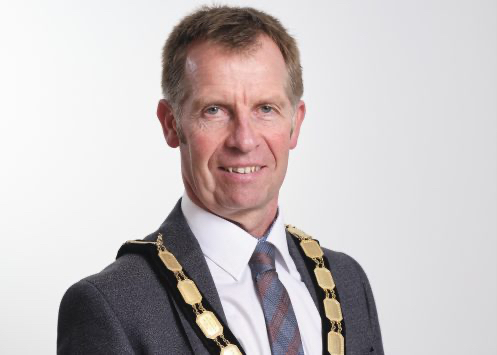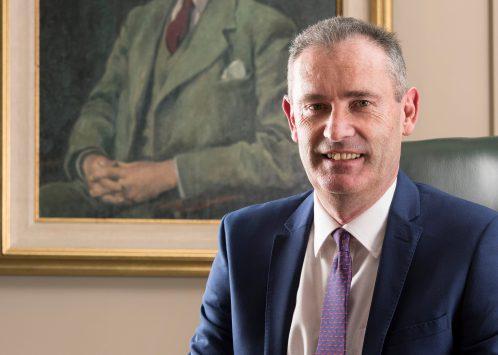As many readers will know, earlier this year, the Executive launched the public consultation on its Programme for Government (PfG) draft Outcomes Framework. The draft Framework contains nine strategic outcomes which are intended to set a clear direction of travel for the NI Executive and provide a vision for the future of all citizens.
The consultation comes at a critical time and following considerable discussion with members, which included a briefing session hosted by the PfG team, NI Chamber recently submitted a very comprehensive response.
Considering the nine draft outcomes as a whole, it is difficult not to agree with them. All convey a sense of the type of society that we want Northern Ireland to be, with a firm focus on inclusivity and delivering for all. However, the actions that lead to the achievement of these outcomes will be key.
The previous draft PfG had an extensive list of actions and indicators, which meant it was difficult to get a sense of priorities and indeed, to understand what was being achieved. NI Chamber believes that this PfG should have a much better defined set of priority actions. In order to deliver on these priorities, we have recommended that there should be a PfG Oversight Committee, established to support and oversee the delivery of those actions. We suggest it should be made up from a range of key stakeholders from the Public, Private and Third sectors.
In the detail of our response, we highlighted concerns about a lack of strong emphasis on ‘business.’ The critical importance of our business base not only to the economy, but also to communities and wider society appears to have been overlooked and this should be addressed in the PfG.
As well as providing jobs and generating wages, our business base invests in skills, capital and research & development. It is business that puts Northern Ireland on the world stage whether through trade and exports, inward investment or tourism. They contribute to public finances, including taxes on profits, people, production and property. Northern Ireland’s business base is also a critical support in supplying goods and services to support the public sector. As well as these tangible benefits, businesses play a critical community and societal role, building the overall social capital of the region.
Given this, and the fact that the business community will play a central role in our recovery coming out the pandemic, NI Chamber strongly believes that an explicit outcome in relation to business is required. This is already the case in Scotland.
Our members also believe that the current outcome focused on the Economy could be strengthened. One of the Northern Ireland economy’s biggest weaknesses is low productivity, yet this receives scant reference in the consultation discussion document. Supporting connectivity to and from Northern Ireland is also critical, something that has been particularly emphasised through the challenges brought about by COVID-19 and EU exit. Northern Ireland must strengthen its external connections with the rest of the world. Given these core challenges and the need to address them, we suggest that both are explicitly referenced in the Economy outcome.
In our response, we have also recommended the inclusion of a second outcome around ‘good governance’. Government will be driving forward the PfG agenda in Northern Ireland and its role is critical in making this a success. However, one of the biggest challenges that our members convey to us is that government itself, particularly the lack of connectivity across different parts, can actually hinder the achievement of these outcomes. One tangible example is the need for departments to work together to ensure that policy measures used to address child care are aligned to measures that support people to work. Synergies need to happen to make this PfG successful but require a much greater focus on cross-departmental collaboration than appears evident at present.
NI Chamber members also asked us to stress the need for much more innovative actions, which involve an element of ‘managed risk’. That is required if we are to step up and make this PfG transformative. For example, the potential for Green Growth is considered absolutely critical for our members but they are concerned about the extent of its prioritisation.
Another particular concern for business is the impact of an aging population on the economy. A smaller working age population will have to shoulder much more of the burden, as they support the rest of the population as it ages. This demographic burden through the increasing old age dependency ratio, has significant implications for future growth in Northern Ireland. That is something which should be drawn out much further in the policy context and actions to support the PfG.
NI Chamber believes that the business community has a responsibility to communicate and educate politicians and voters on the role that it does and will play, in transforming Northern Ireland into a better society. Our response to the Programme for Government draft Outcomes Framework has been submitted in that spirit. We look forward to working with the Executive as part of the on-going consultation process and on the delivery of Northern Ireland’s Programme for Government.


